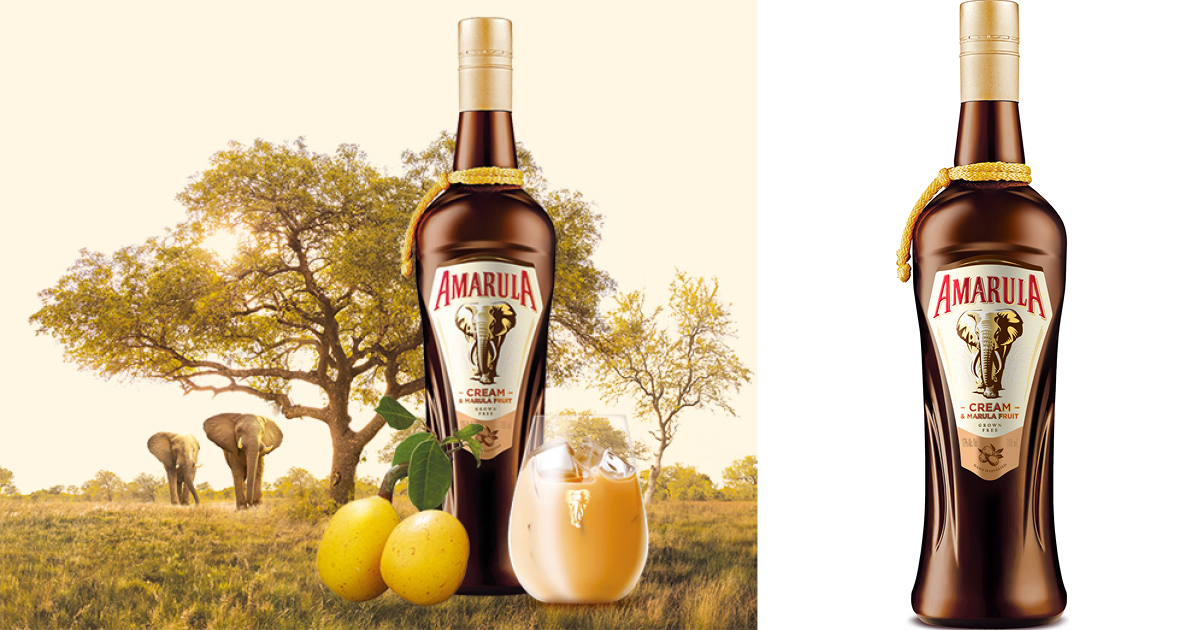Amarula Cream
The marula trees cannot be cultivated. No matter how hard people have tried, these mysterious, African trees stay robustly true to their earthy roots and grow only where they choose. Only once a year, at the peak of summer, the female marula trees bear their unique fruit. When the scent of ripe marula fills the air, the elephants travel vast distances in order to get a taste. This is the cue to begin the harvest. Local communities are an integral part of the process, and carefully hand-pick the fruit once the elephants have raised their trunks in approval.
First, the fruit is de-stoned, its flesh crushed and the pulp fermented. After fermentation, the marula ‘wine’ is distilled and aged in French oak barrels for at least two years, during which wood spice characters of vanilla and toast are naturally imparted. Thereafter dairy cream is infused to give Amarula its rich, velvety texture. Amarula is best served over ice and preferably, with a view.
Storytelling has always been central to African life. Because elephants travel for miles to feast on the wild fruit, locals call it ‘The Elephant Tree’. African folklore also refers to it as ‘The Marriage Tree’. Apart from making a beautifully natural wedding canopy, it’s also said to have aphrodisiac properties and features in tribal fertility rites. Like the elephants, the marula trees are protected under South African law. They are a key part of African heritage and may not be farmed for commerce. The fruit however is sold in a variety of natural products, Amarula of course being one of them.
Through the shared African roots and the unique marula fruit, Amarula and the elephants have always been connected. This is why the Amarula Trust was created 2002 with the aim to safeguard these majestic African creatures.



